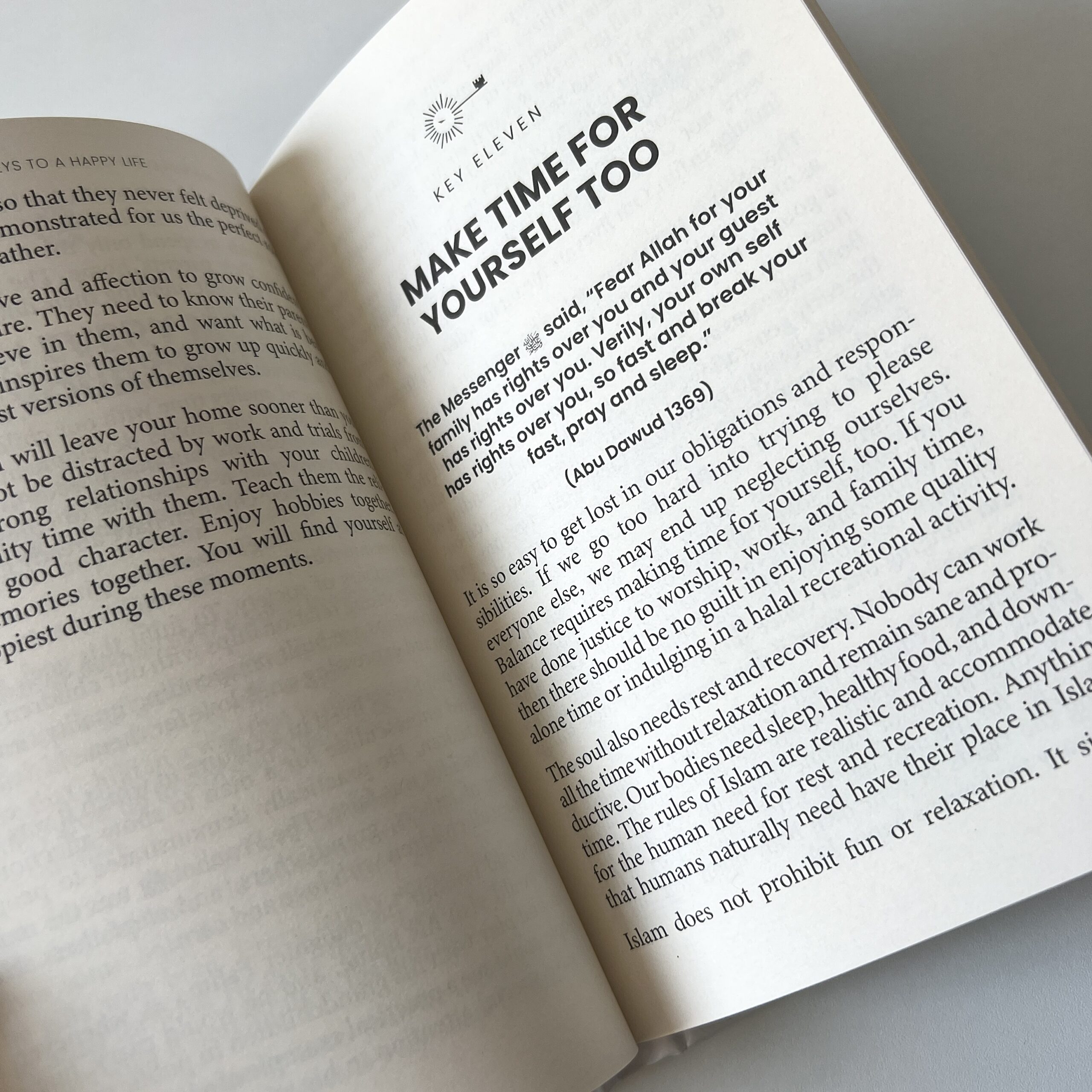In an age dominated by microcontent and shortened attention spans, many people openly admit that they don’t read or struggle to focus long enough to complete a full book. This trend is concerning because books are vital for intellectual and spiritual growth. The transformative experience of reading a deep, life-changing book cannot be replicated by any form of video, no matter how long. Short bursts of information, typical of microcontent, can’t effectively strengthen the mind or nourish the soul. Reading books is an essential habit for anyone striving for excellence.
This holds especially true for Muslims. Books are central to our legacy. From the time Muslims first learned the art of papermaking from the Chinese, books have played a crucial role in the dissemination of knowledge and wisdom. The final revelation of Islam is itself a book—the Qur’an. The sayings and teachings of the Prophet (PBUH) were preserved in the books of Hadith, while Islamic law is explained in books of Fiqh. The Qur’an is elaborated on in books of Tafsir, and our spiritual traditions are expanded upon in books of Tasawwuf. Books have always been, and will continue to be, a cornerstone of our tradition.
As society leans more toward microcontent, you can distinguish yourself in any field by becoming an avid reader. The bar for excellence is low because so many people settle for mediocrity. Even an average reading habit—say 10 books a year—can set you apart from your peers. An excellent reading habit—50 books a year—can position you as a leader in your field. If you want to excel, building a strong reading habit is essential. Here are some tips to get started.
1. Build a Reading List and Home Library
You can’t start reading if you don’t have anything to read. Begin by creating a list of books that interest you or can help you grow. These could be religious texts, self-help books, or works related to your profession. You can borrow them from a local library, download digital versions, or purchase physical copies to start your own home library. Once you have a few books on hand, choose one to begin with—just be realistic about your choice.
2. Start with Smaller Books and Set Realistic Goals
If you’re not used to reading, tackling a lengthy book might feel overwhelming. The best way to begin is by choosing a shorter book, preferably under 100 pages, but rich in content. Be realistic about what you can handle, and start with something practical and beneficial. A short but impactful book can have a profound effect on your mind and soul. Find one that aligns with these goals and start reading.
3. Schedule Time Daily for Reading
Life is busy, and it’s hard to find time for new habits unless you deliberately make room for them. If reading is important to you, prioritize it by scheduling time for it daily. Pick a time when you are free and able to concentrate, such as early in the morning, during your lunch break, or just before bed. Commit to reading for a few minutes every day during this time.
4. Learn to Focus by Gradually Increasing Your Reading Time
At first, you may struggle to concentrate for extended periods. Don’t be discouraged—start small with just five minutes a day. Once you’re comfortable, gradually increase your reading time by a few minutes every week. Over time, you’ll find yourself reading for 30 minutes to an hour without difficulty. By establishing this habit, you’ll be able to read several valuable books each year.
5. Join a Book Club
If starting a reading habit feels difficult alone, consider joining or creating a book club. In a book club, members can motivate each other and hold one another accountable for meeting their reading goals. To start one, gather a few friends or family members, choose a book to read, and agree to meet after a few weeks to discuss it. A book club can provide the social encouragement needed to get back into reading.
6. Leverage Technology to Assist in Retention
Technology often distracts us with mindless content, but it can also help foster strong reading habits. Use apps to track your reading progress, or download ebooks to read on your mobile devices. You can watch video summaries to reinforce key concepts, join online discussions, or enroll in courses that explain the ideas in greater depth. These are just a few ways technology can support your reading goals.
7. Start Today—Don’t Delay
Don’t procrastinate. The longer you wait, the harder it will be to establish a strong reading habit. Start today by picking a good book, setting a time to read, and dedicating just a few minutes to reading a few pages. If you’re unsure where to begin, consider trying our self-help bundle, a collection of must-read books that inspire better habits and encourage excellence in all aspects of life. Learn more about the bundle here.






